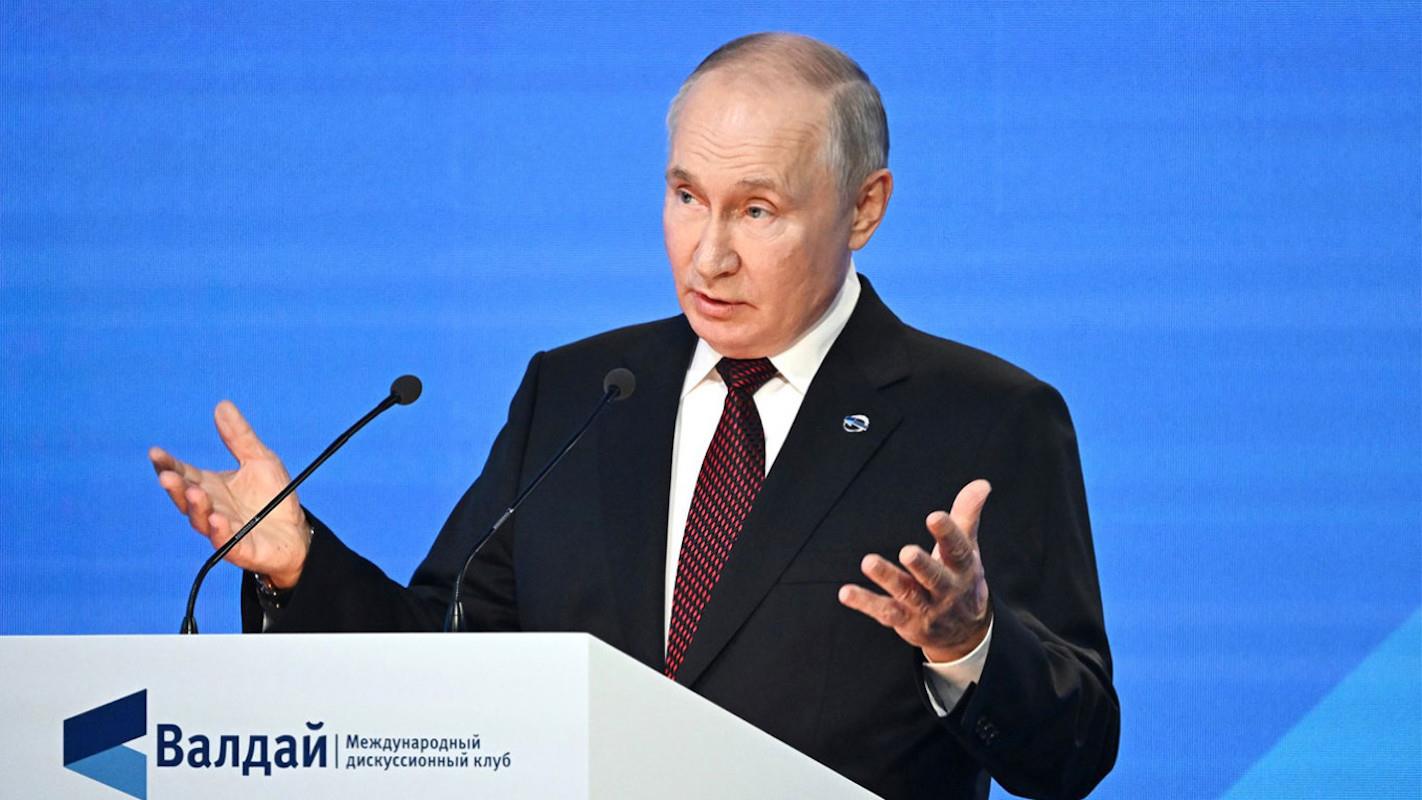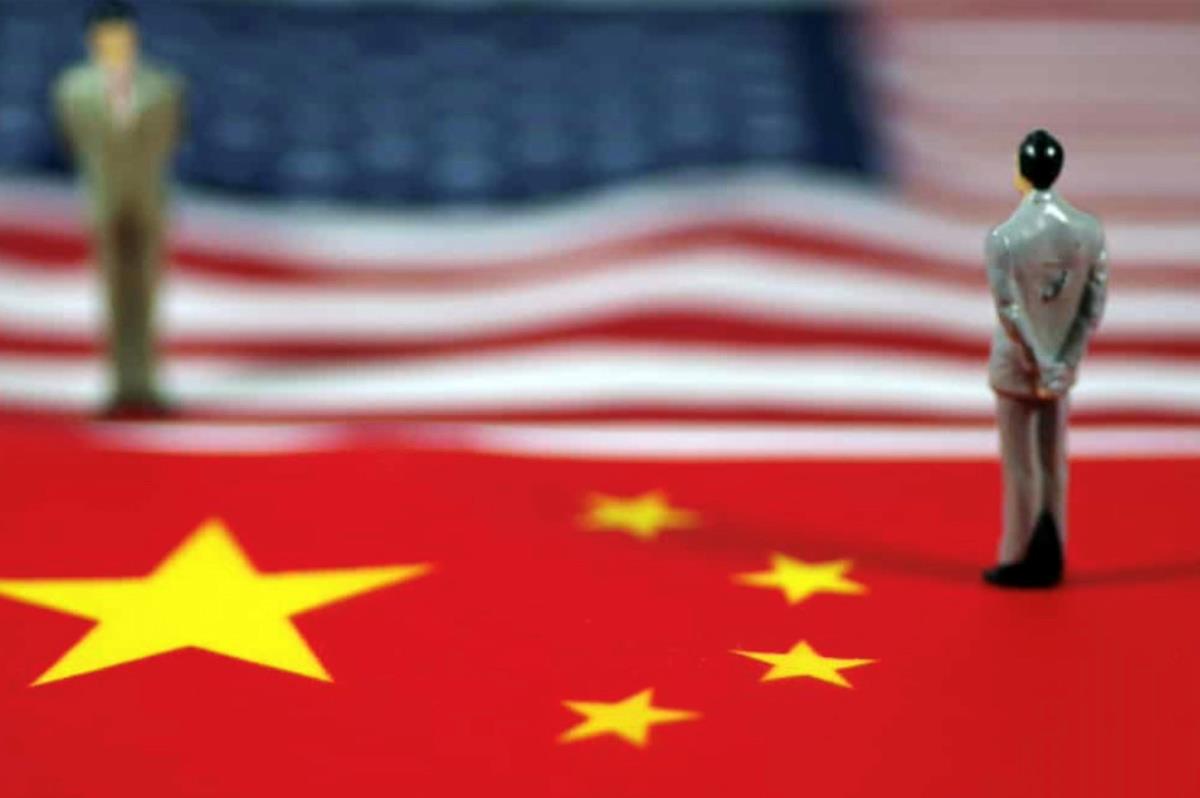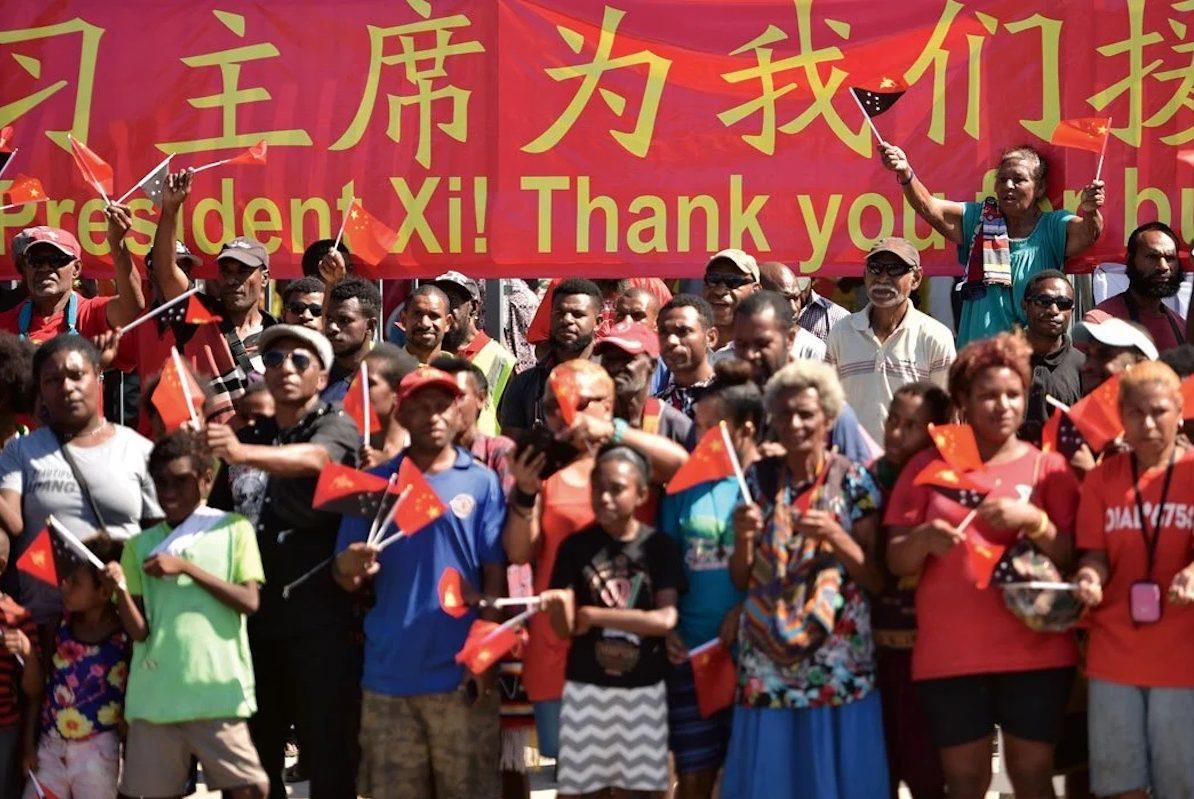
'Optimistic Scenario Is Departure Of Vladimir Putin'
Guriev has since described Navalny's death, decried by the West as a political assassination orchestrated by Kremlin, as “terrible news – not only for the future of Russia, but also for Ukraine, Europe and the entire free world .”
He also endorsed Yulia Navalnaya as a “strong and independent leader” on Twitter days after the opposition leader's widow – herself a trained economist – announced that she would be taking up her husband's mantle.
Our Q&A, which focuses on the state of the Russian economy almost two years after Russia's invasion of Ukraine, remains more relevant than ever, as the West begins to unleash a new wave of sanctions in response to Navalny's alleged murder.
One of Russia's most prominent economists, Guriev was once a linchpin of the government of Dmitri Medvedev (2008-2012), writing speeches for the president and serving on the boards of many state companies.
He fled Russia in 2013, because of fears for his freedom after co-authoring a report critical of the treatment of Mikhail Khodorkovsky, a then-imprisoned oil tycoon at the centre of the Yukos affair .
Guriev is now a professor of economics and the provost of Sciences Po Paris, and has just been named dean of the London Business School – news that prompted Navalny to offer his congratulations from his cell in the Arctic penal colony.
Since Russia invaded Ukraine, Guriev has also been one of the leading minds behind Western sanctions on his country through his work for Stanford University's international working group“Making Putin Pay.”
The Conversation: Since Russia's invasion of Ukraine, there have been countless Western sanctions. But it also appears that Russia has proved more resistant to them than thought. In fact, the International Monetary Fund even predicted its economy would grow by 2.6% this year , buoyed by extensive state spending – what some have dubbed“military Keynesianism.” So how is the economy really faring? Is it shrinking, or growing?
Sergei Guriev: It's a question of definition. If we associate economic growth with GDP growth, there is no question that the Russian economy is growing. However, GDP is not the same measure of economic performance in wartime as it is in peacetime.
When you spend a substantial part of GDP on producing tanks and artillery shells and recruiting soldiers who are being wounded or killed in Ukraine, that means that it is equivalent from the civil sector's point of view to just printing money and injecting it in the economy.
We count this as part of GDP because things are produced and people are employed as soldiers, but that has nothing to do with economic performance within Russia. When we talk about military spending, remember that it was 3% of GDP, and in 2024 it is 6% of GDP . This gap is enough to explain whatever growth is happening in the Russian economy.
And of course there is an additional set of sectors which are not directly involved in military spending, but also involved in producing military services and goods. So I think it's quite misleading.
A number that is more informative, I think, is retail, trade turnover. If you look year on year, from 2021 to 2022, you see a fall of around 6.5% . If you actually look at December 2021 to December 2022, it shows minus-10.5%; 2023 data will be published soon. There will be no fall, and even some growth, but overall, Russian consumption is not doing well.
You mentioned“military Keynesianism.” I think it's somewhat misleading as well. Keynesianism is a policy which you use when you have slack in the economy and high unemployment in a bid to employ people through government spending.

Legal Disclaimer:
MENAFN provides the
information “as is” without warranty of any kind. We do not accept
any responsibility or liability for the accuracy, content, images,
videos, licenses, completeness, legality, or reliability of the information
contained in this article. If you have any complaints or copyright
issues related to this article, kindly contact the provider above.






















Comments
No comment